Economic policy to dominate agendas
By Chen Jia ( China Daily ) Updated: 2014-02-26 08:45:52
 |
"Policy stability" has been seen as the new leadership's economic governance philosophy during its first year in office. That China achieved its 7.5 percent GDP growth target and kept inflation below 3.5 percent in 2013 are considered successes.
After its first year, the leadership is showing more confidence in dealing with the complex economic situation, experts said. The leadership has determined that a stable policy environment is necessary to push further structural reforms that target long-term and sustainable development, they said.
He Keng, former vice-chairman of the Financial and Economic Committee of the National People's Congress, said that as long as the government continues to seek a stable economic policy this year, the overall situation is expected to be better than that in 2013.
"To make stable progress in the economy is a specific goal of the government in 2014. But deepening the structural reform requires long-term patience," He said.
"It showed good results last year, and chasing a high growth rate is no longer the single target for the nation's economic planners."
The proper pace of economic growth, He said, requires avoiding sudden exposure to systematic risks and having sufficient space for improving the reforms with a final target to let the market decide resource allocation - raised by the Third Plenum of the 18th Central Committee of the Communist Party of China.
In 2013, the GDP of the world's second-largest economy increased by 7.7 percent year-on-year, achieving the 7.5 percent annual target by a comfortable margin. GDP growth was unchanged from 2012, but less than the 9.3 percent in 2011 and 10.4 percent in 2010.
The government chose not to loosen monetary policy or aggressively stimulate investments - the two solutions that the previous leadership opted for when GDP slipped - although the growth rate slowed to 7.7 percent in the first quarter last year and continued to cool to 7.5 percent in the second quarter, compared with 7.9 percent in the last three months of 2012.
Inflation in 2013, indicated by the consumer price index, moderated to 2.6 percent, the same as in 2012, compared with 5.4 percent in 2011 and 3.3 percent in 2010. It was much lower than the 3.5 percent target.
Zheng Xinli, deputy director of the government's China Center for International Economic Exchanges think tank and former deputy director of the Policy Research Office of the Communist Party of China Central Committee, said the current price stability can provide a "preferable environment" for the government to focus on structural reforms rather than hurrying to promote economic growth.
"Stable economic development in the future will depend much on the endogenous dynamic, which should have a high-quality and balanced growth model, rather than radically easing monetary policy or simply stimulating demand," Zheng said.
"The past high growth rate that depends on high investment, high resource consumption and high pollution should be ended," he said.
Economists don't have an overly optimistic outlook on the economic situation this year. They said that industrial overcapacity, a weaker housing market, local governments' heavy debt and the rapidly growing "shadow banking" system will combine to threaten China's economy or drag it down to an unexpected low level in the first half.
The January macro indicators sent a mixed message overall, with strong trade and credit figures, and a weak manufacturing purchasing managers' index and producer price index, which highlighted a lack of corporate pricing power and a lingering overcapacity problem in the manufacturing sector.
Ma Xiaoping, an economist with HSBC in China, said the leadership still has enough room for maneuver to avoid a sharp slowdown in 2014, such as the one in the first half of 2013.
"Compared with last year, policymakers have more experience in economic expectation management, and they know that relatively stable growth will help push forward reform plans," Ma said.
Yao Wei, chief economist in China with the French bank Societe Generale, said: "We expect no major easing just yet and think the government will tolerate further slowdown by announcing a range as the 2014 growth target. Maybe it will be between 7 to 7.5 percent instead of fixating on 7.5 percent, at the National People's Congress meeting in early March".
chenjia1@chinadaily.com.cn
|
|
|
|
|
|
|
|
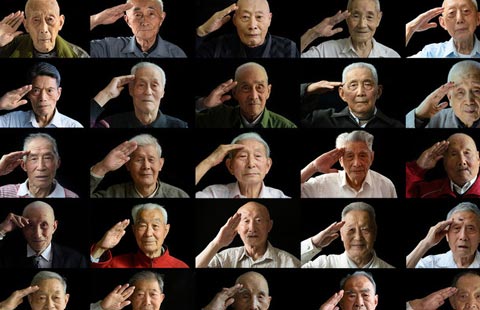
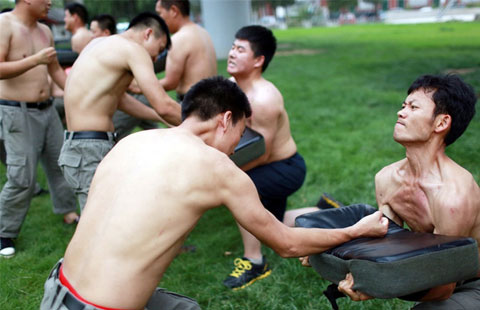
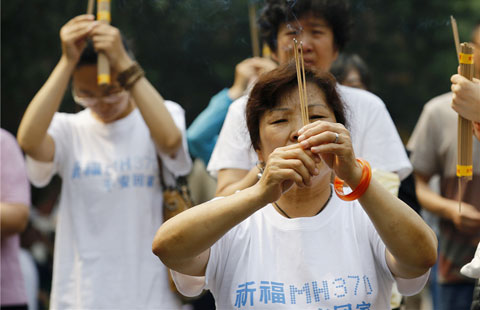
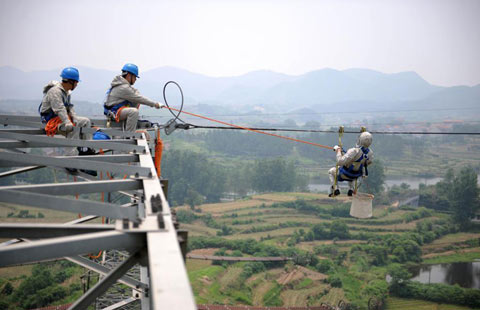




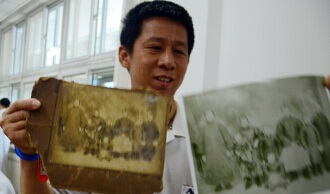









 Op Rana
Op Rana Berlin Fang
Berlin Fang Zhu Yuan
Zhu Yuan Huang Xiangyang
Huang Xiangyang Chen Weihua
Chen Weihua Liu Shinan
Liu Shinan